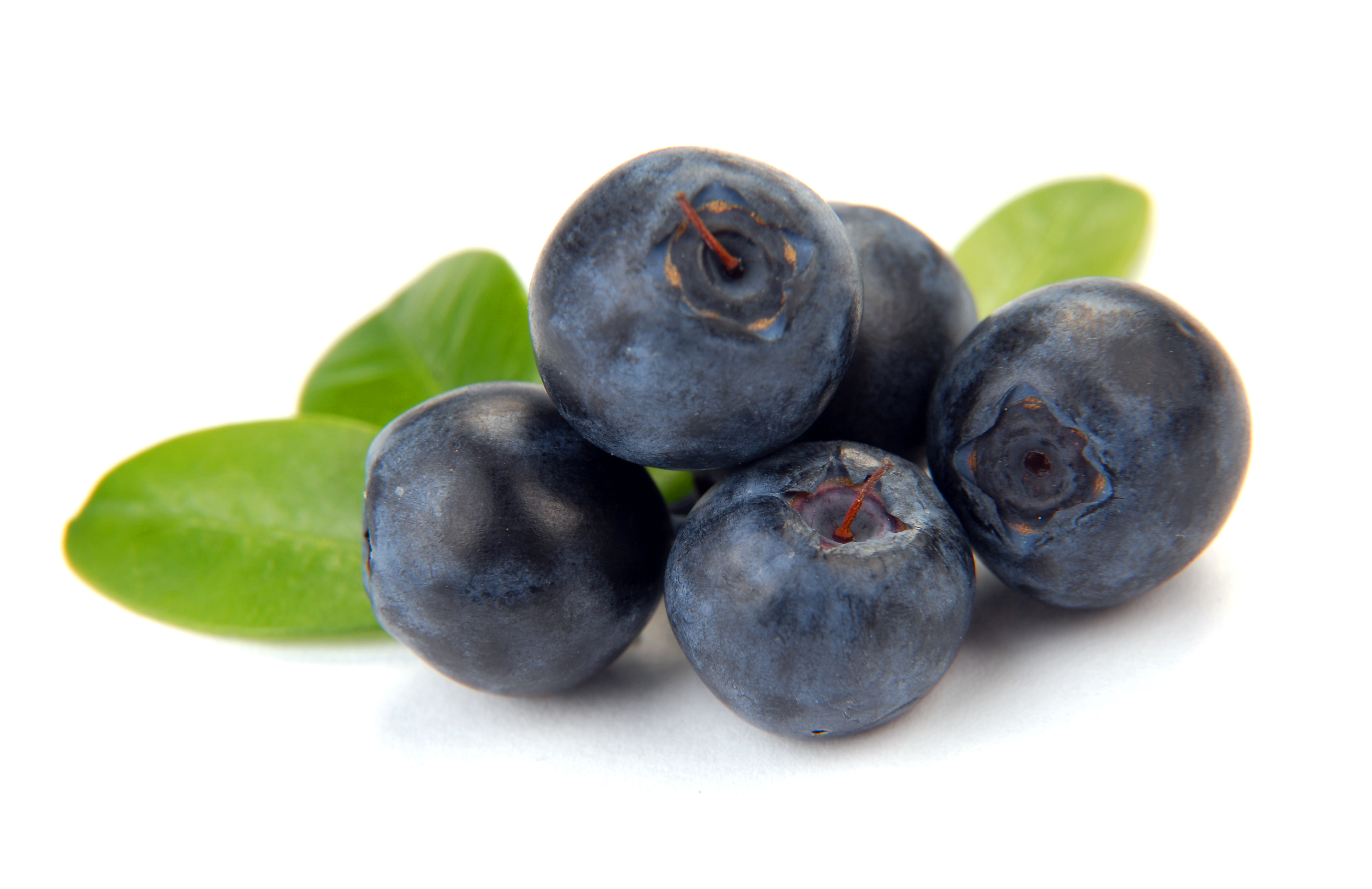
“Healthy” diets are all the rage right now. From Keto to Vegan to Gluten-free to Paleo to Plant-Based, it seems like most people I know are following one of these eating patterns (which can make restaurant choices and potlucks quite challenging at times!)
For many people who are trying to lose weight, gain energy, and feel their best, experimenting with a new diet seems to be the golden answer. After all, “everyone’s doing it.” We are bombarded on a daily basis with keto products, gluten-free menus, success stories, marketing, and social media, all insisting that “x” diet is the answer to your health concerns.
But what is the truth and the science behind these claims? I am eager to share my perspective with you.

1. Short-Term vs Long-Term Diets
Before we start, let’s get one thing clear. Short term (or “therapeutic diets” as nutritionists call them) are intended for just that – a few weeks or months. These diets are often fairly restrictive, in that several major food groups are limited or completely omitted OR a macronutrient (such as carbohydrates) is avoided. These short term diets are used to achieve a finite goal. Once that specific goal is achieved, one should transition back to a well-balanced, healthy, long-term dietary pattern.
For example, the ketogenic diet is ideal for individuals who have compromised sugar processing or who consume too many carbohydrates or sugar on a daily basis. When properly following the ketogenic diet, an individual is able to “reset” his or her digestive system to efficiently process food and burn off excess weight in the form of ketones. After a few months on this diet, substantial weight loss is achieved and the individual can gradually transition to a diet that includes complex carbohydrates, whole grains, fruits, and fiber-filled legumes.
If, however, an individual remains on the keto diet for too long (just under to over a year), he or she is at risk for decreased microbiome diversity, excessive weight loss, limited variety of foods, and potential frustration in social dining contexts.
Let’s contrast this with a plant-based diet. A plant-based diet simply means that the majority of your diet consists of veggies, fruits, legumes, whole grains, nuts, and seeds, while a small portion (about 5%) includes meat, fish, eggs, and cheese. This eating pattern includes a wide variety of macronutrients (fat, carbs, & protein) and micronutrients (vitamins, minerals, phytochemicals), as well as ample fiber and food diversity. It is fairly flexible when it comes to dining out or in social contexts, and is ideal for maintaining a healthy weight or losing weight gradually (depending on exercise and caloric intake).
A great example of the sustainability and longevity associated with plant-based diets is illustrated by the Centenarians who live in the Blue Zones (areas throughout the world with an exceptionally high number of people who live to be over 100 years old), all of which rely on plant-based diets. If that doesn’t meet the criteria for a sustainable and healthy long-term diet, I don’t know what does!
2. Bioindividuality
Every person is extremely unique, both inside and out. Our ability to digest food and absorb nutrients is influenced by a wide variety of factors including blood type (A, AB, B, O), health of the microbiome, age, genetics, taste preferences, food allergies & sensitivities, and so much more.
For example, an individual who has Irritable Bowel Syndrome (IBS) or difficulty digesting fats should not experiment with the keto diet. An individual with Type O blood would not thrive on a strictly vegan diet. Being aware of your personal health, nutrient requirements, and digestive system is critical to finding the right eating pattern for you. If you need help with this process, reach out to a health coach or nutritionist to point you in the right direction!
3. Food Quality
Highly processed food can and should be avoided on any and every diet. If you are following the Keto diet and half of your “food” intake comes from shakes, meal bars, and “zero-carb bread,” OR if you are avoiding gluten and are eating gluten-free pretzels, cookies, muffins, and breads, chances are you are doing more harm than good.
These “diet” products are loaded with fillers, dough conditioners, nutrient-poor substitutes, emulsifiers, and chemicals. It is entirely possible and feasible to follow the aforementioned diets using WHOLE, UNPROCESSED foods.
Likewise, vegetarians and vegans who turn to meat substitutes such as the Impossible Burger may not realize that what they are consuming (though “environmentally sustainable”) is not actually “food.”
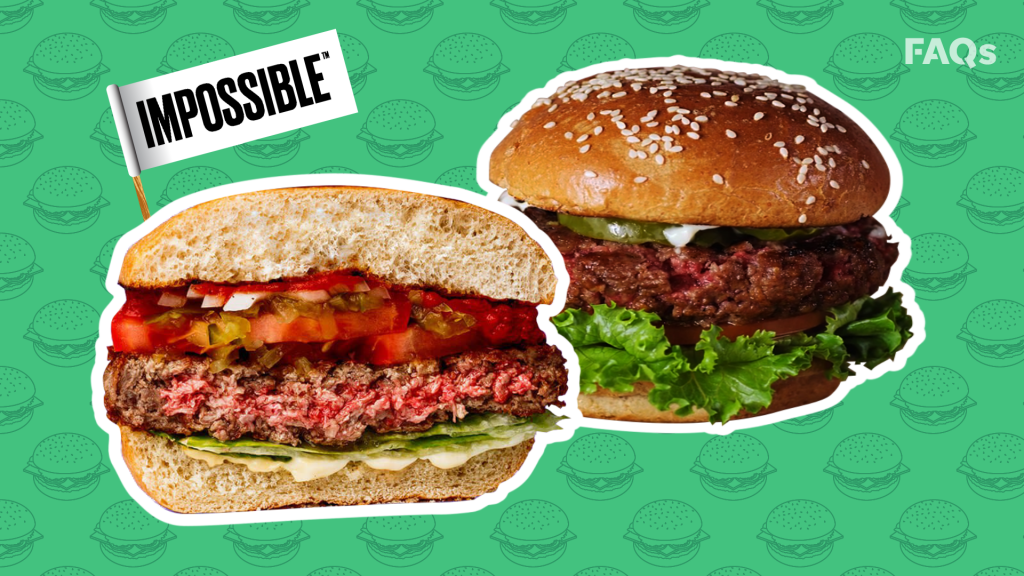
Here is the list of ingredients, taken directly from the Impossible Burger website:
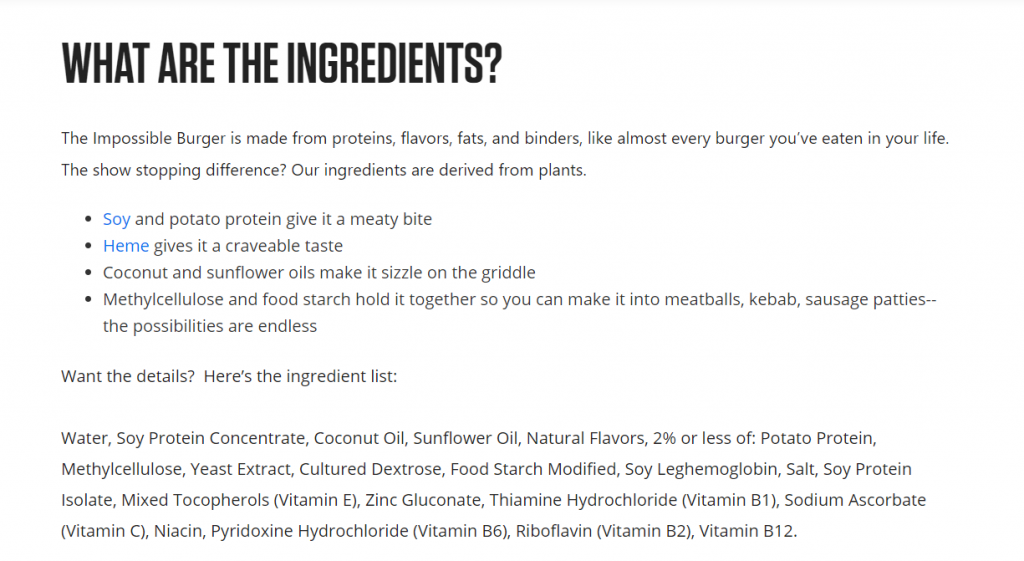
Soy protein concentrate. A highly processed form of soy. The Impossible Burger website even admits that it is genetically modified.
Yeast Extract. This is basically another word for MSG.
“Natural” flavors. Usually created in a lab to mimic the taste of real foods.
Methylcellulose. A thickener and emulsifier in various food and cosmetic products, and also as a bulk-forming laxative.
I don’t know about you, but I would much rather order a real burger, made of real food, whether it be meat, poultry, salmon, black beans, or veggies!
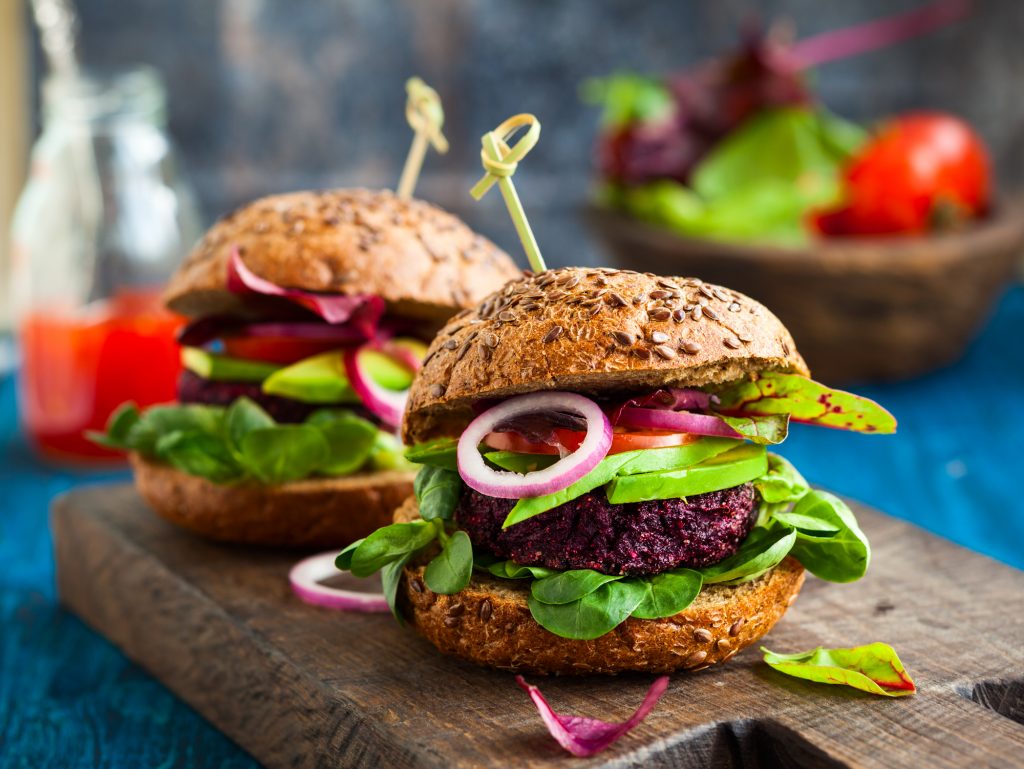
4. Moderation
I think Michael Pollan sums it up best:
“Eat food, not too much, mostly plants.”
Avoid processed and artificial food. Limit your portion sizes. Focus on plants.
Proponents of vegan and vegetarian diets often cite the fact that animal consumption is not sustainable for the planet. However, if most people limited animal meat to once or twice a week (in 3 or 4 oz portions) and focused on incorporating lots of leafy greens, lentils, root veggies, whole grains and local fruits as part of a balanced diet, we wouldn’t have a problem!! This would also drastically improve the health of our country and our world.
Going back to the example of the Centenarians in the Blue Zones, meat is reserved for special occasions, holidays, and celebrations. These Centenarians are some of the most active and healthy people in the world.
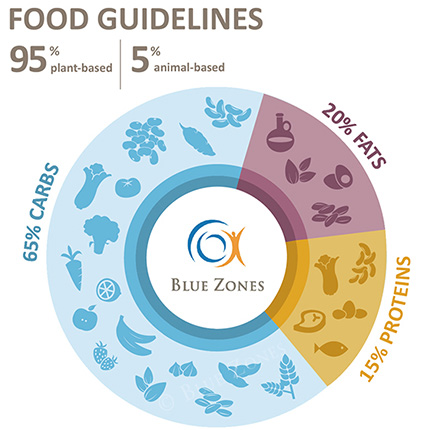
In conclusion…
A well-balanced, whole foods diet is ideal and sustainable for most people. Individual circumstances may warrant a short-term, therapeutic diet (Ketogenic Diet, Elimination Diet, etc) to achieve a goal or a slightly more restrictive diet (Gluten-free, Dairy-free) diet may be warranted to accommodate digestive conditions.
However, every eating pattern can be implemented using local, whole foods in an unprocessed, unrefined form!

